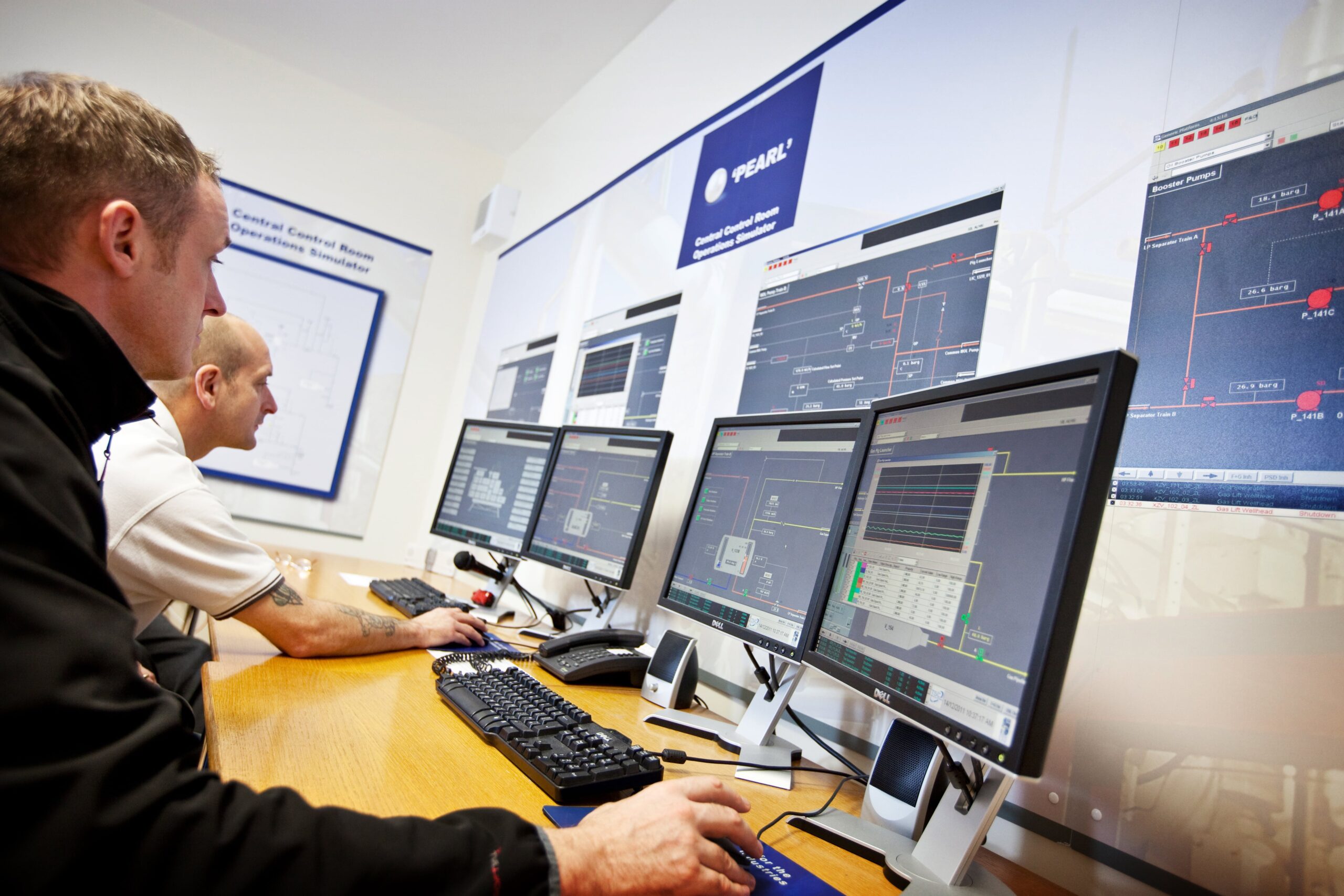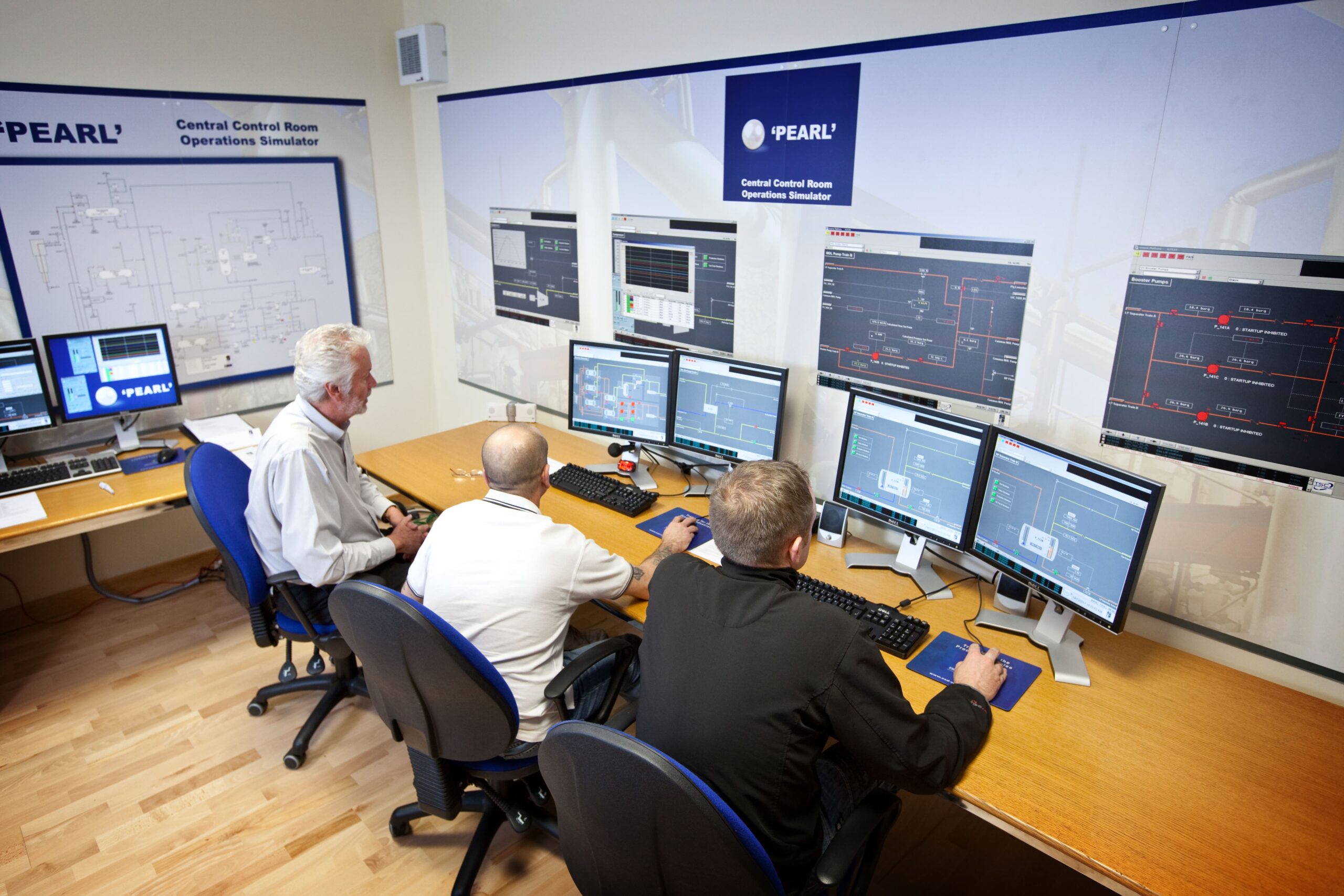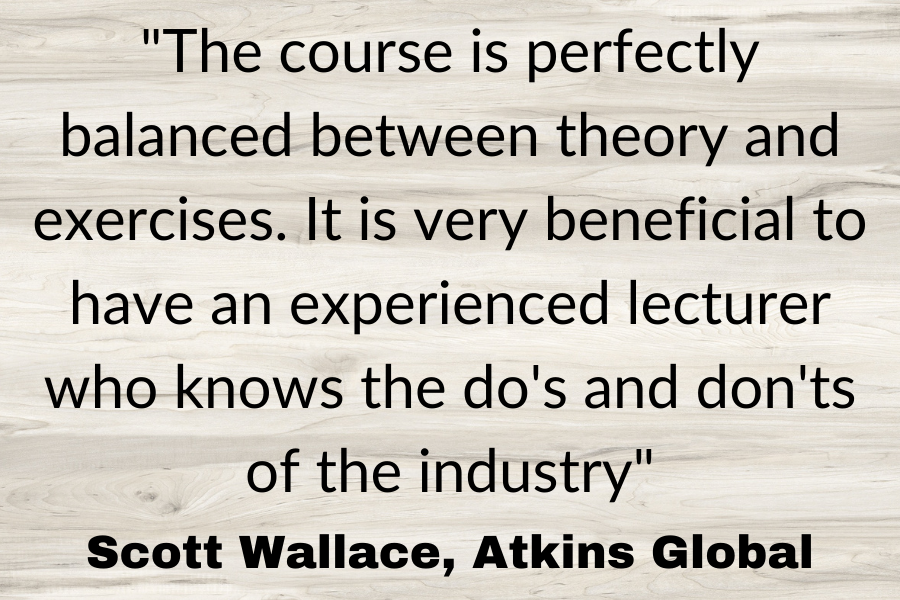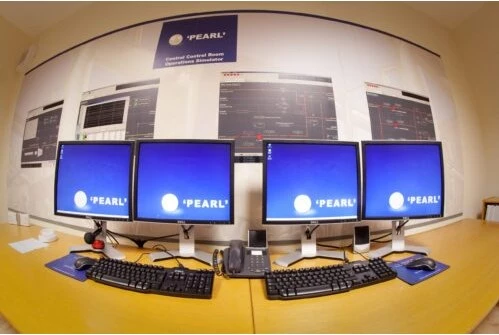July 21, 2021
Control room operations is an integral part of keeping Process Plants operating in a safe and efficient manner. A lot of these processes have automatic control systems in place, which can create an assumption that control room operators (CRO’s) have few tasks to complete in day-to-day operations.
However, the truth is quite the opposite. CRO’s are a necessity on the plant as equipment needs to be constantly maintained and replaced, processes need to be tweaked, and instruments need to be calibrated. Control room operators are an essential part of achieving these tasks while keeping the production running smoothly.
One of the main issues within these Process Plants is teaching CRO’s the skills necessary to perform the various duties associated with the role. Learning on the plant comes with a high level of risk to equipment and personnel if any mistakes are made. Learning through readings and note-taking doesn’t correlate to the real world and can leave delegates lacking the practical experience needed. This is where dynamic simulation comes into play.
We rely upon dynamic simulation models to deliver hands-on training that will help delegates make better decisions in the operation, maintenance, and design of systems. It enables delegates to learn without the daunting fear of mistakes that will have damaging consequences in the ‘real world.’

Our state of the art PEARL simulator is used for our “Fundamental of Control Room Operations” course. PEARL is a model of an FPSO unit and consists of three main processes; wellheads, an oil separation system, and a gas compression system. The purpose of the plant is to produce oil and gas at a specified quantity and quality and to deliver these products onshore for further processing.
The course covers various concepts and gives delegates an opportunity to learn and practice typical control room operator duties in an oil and gas production facility. It breaks down the different units of process plants such as compressors, pumps, exchangers, separators, and logic systems. The process model allows for a variety of operations to be performed in a controlled environment including plant start-up, bringing it to full production, plant shut down, etc.

At the end of this course, delegates will be able to:
- State the purpose of oil and gas production systems
- Manipulate DCS controls
- Monitor normal conditions
- Interact with safety/ shut down devices
- Respond effectively to abnormal operating conditions
- Follow start-up and shut down procures for…
- Three-phase separation
- Oil pumping systems
- Centrifugal and reciprocating compressors

For a full list of learning outcomes and an overview of the course material, request a course outline

